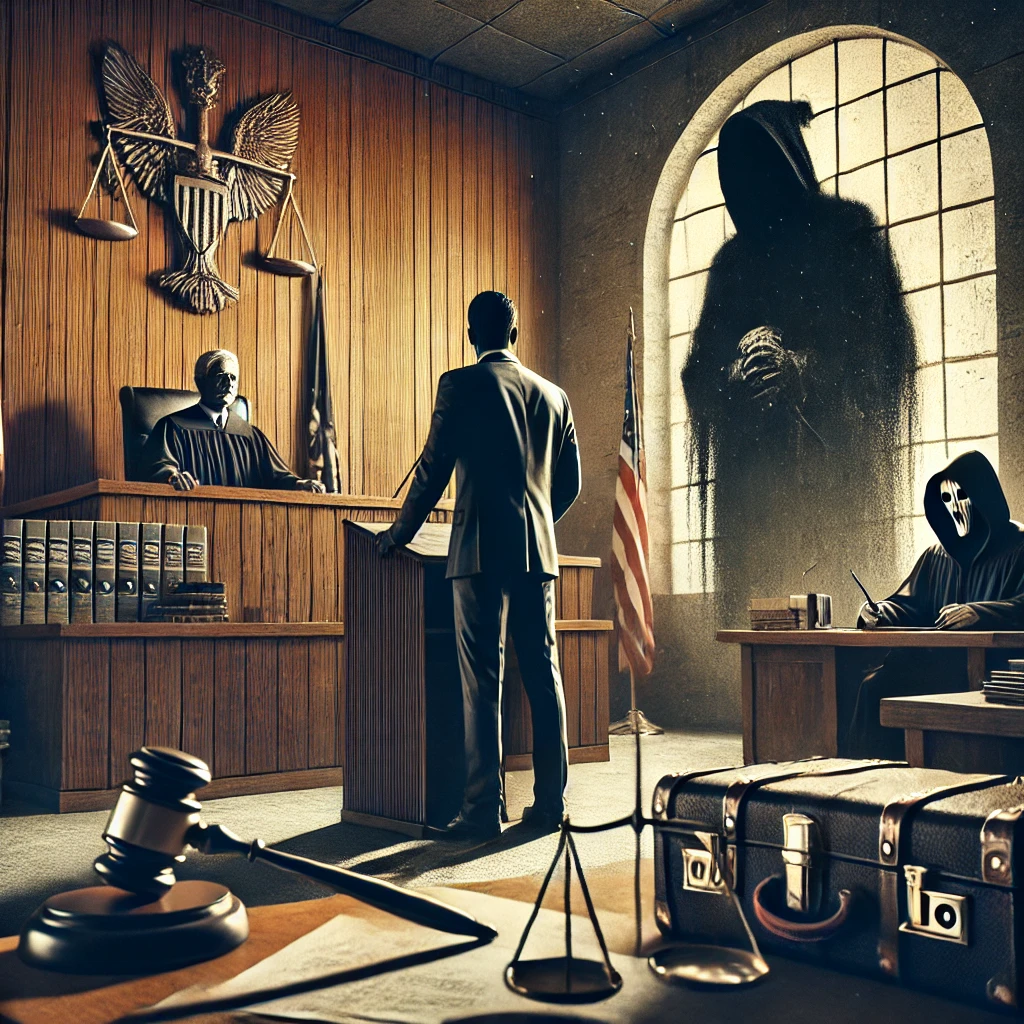The second season of Suits dives deeper into the world of corporate law, packed with legal battles, ethical dilemmas, and criminal activities. While the show keeps viewers hooked, many of the characters’ actions would have serious legal consequences if they took place in Washington State. This article explores the crimes committed in season 2 of Suitsthrough the lens of Washington law.
1. Unauthorized Practice of Law (RCW 2.48.180)
Mike Ross continues to practice law without a license, a major issue from the first season that carries over into season 2. In Washington State, this would be a clear violation of RCW 2.48.180, which prohibits the unauthorized practice of law. Practicing without a valid license is a misdemeanor, and anyone assisting in this act, like Harvey Specter, could also face legal repercussions.
2. Fraud (RCW 9A.60.020)
Fraud is a recurring theme in season 2, with characters engaging in deceptive practices such as falsifying documents and making false statements to gain an advantage. Under Washington law, RCW 9A.60.020 defines fraud as knowingly making false representations with the intent to deceive. Depending on the severity, fraud can be classified as a gross misdemeanor or a felony.
3. Perjury (RCW 9A.72.020)
In season 2, several characters commit perjury by providing false statements under oath. According to Washington law, RCW 9A.72.020 defines perjury as making a materially false statement under oath, knowing it to be false. Perjury is a class B felony in Washington, punishable by up to 10 years in prison.
4. Obstruction of Justice (RCW 9A.76.020)
Obstruction of justice is another crime frequently depicted in season 2. Characters often take actions that interfere with the administration of justice, such as hiding evidence or misleading law enforcement. RCW 9A.76.020 in Washington makes it a crime to intentionally obstruct, impair, or hinder the administration of law. This is typically classified as a gross misdemeanor, but penalties can be more severe depending on the circumstances.
5. Forgery (RCW 9A.60.020)
Forgery plays a significant role in season 2, particularly with the creation or alteration of documents to deceive others. Under Washington law, RCW 9A.60.020 defines forgery as falsely making, completing, or altering a written instrument with the intent to defraud. Forgery is a class C felony, punishable by up to five years in prison and substantial fines.
6. Conspiracy (RCW 9A.28.040)
Conspiracy is a key issue in season 2, with characters often collaborating to commit illegal acts. Washington’s RCW 9A.28.040 defines conspiracy as an agreement between two or more persons to engage in criminal conduct, with at least one taking a substantial step toward the crime. The ongoing conspiracy to hide Mike Ross’s unauthorized practice and other illegal activities would clearly fall under this statute.
7. Bribery (RCW 9A.68.010)
Bribery is used as a tactic by several characters in season 2 to influence legal proceedings or business transactions. Under Washington law, RCW 9A.68.010 defines bribery as offering, conferring, or agreeing to confer any benefit with the intent to influence a public servant or party involved in legal matters. Bribery is a class B felony, carrying penalties that include imprisonment and substantial fines.
Conclusion
Season 2 of Suits is filled with gripping legal drama, but many of the characters’ actions would be considered serious criminal offenses under Washington State law. From unauthorized practice and fraud to perjury and conspiracy, these crimes would have significant legal consequences in the real world. While Suits offers an entertaining look at the legal profession, it also serves as a reminder that real-life legal practice must adhere to strict ethical and legal standards.

Additional Resources
- Crimes in Suits Season One: A Washington State Legal Perspective
Reviews unauthorized practice, perjury, and fraud in Suits Season One through the lens of Washington criminal law.
https://blanfordlaw.com/suits-season-one-crimes/ - Court-Appointed Lawyers Targeted in Stolen Check Fraud Scheme: Six Charged
A real-world legal ethics case involving fraud charges against attorneys, with insight into professional responsibility standards.
https://blanfordlaw.com/court-appointed-lawyers-targeted-in-stolen-check-fraud-scheme-six-charged/ - Ethical Violations in Suits Season 3: A Washington State Perspective
Analyzes how recurring misconduct in Suits Season 3 would be evaluated under Washington’s Rules of Professional Conduct.
https://blanfordlaw.com/suits-season-3-ethics/ - A Few Good Men: Crimes Under Washington Law
Applies Washington law to key scenes in the film A Few Good Men, exploring conspiracy, perjury, and command responsibility.
https://blanfordlaw.com/few-good-men-crimes-washington-law/ - RPC Violations in Suits Season 2 and Washington Law
Examines ethical breaches in Suits Season 2 and how they align with Washington’s legal ethics rules.
https://blanfordlaw.com/rpc-violations-suits-season-2-washington/
